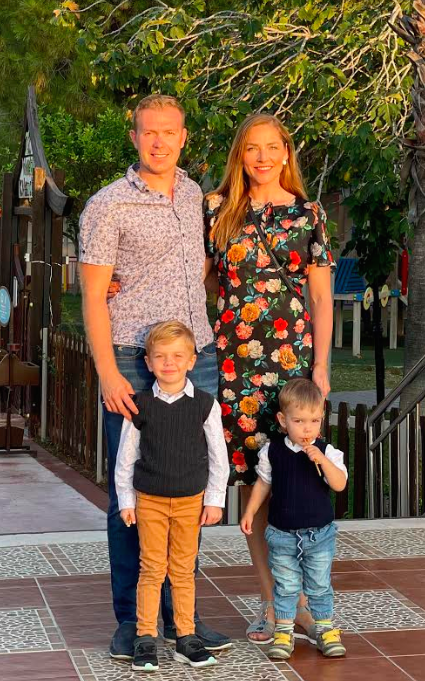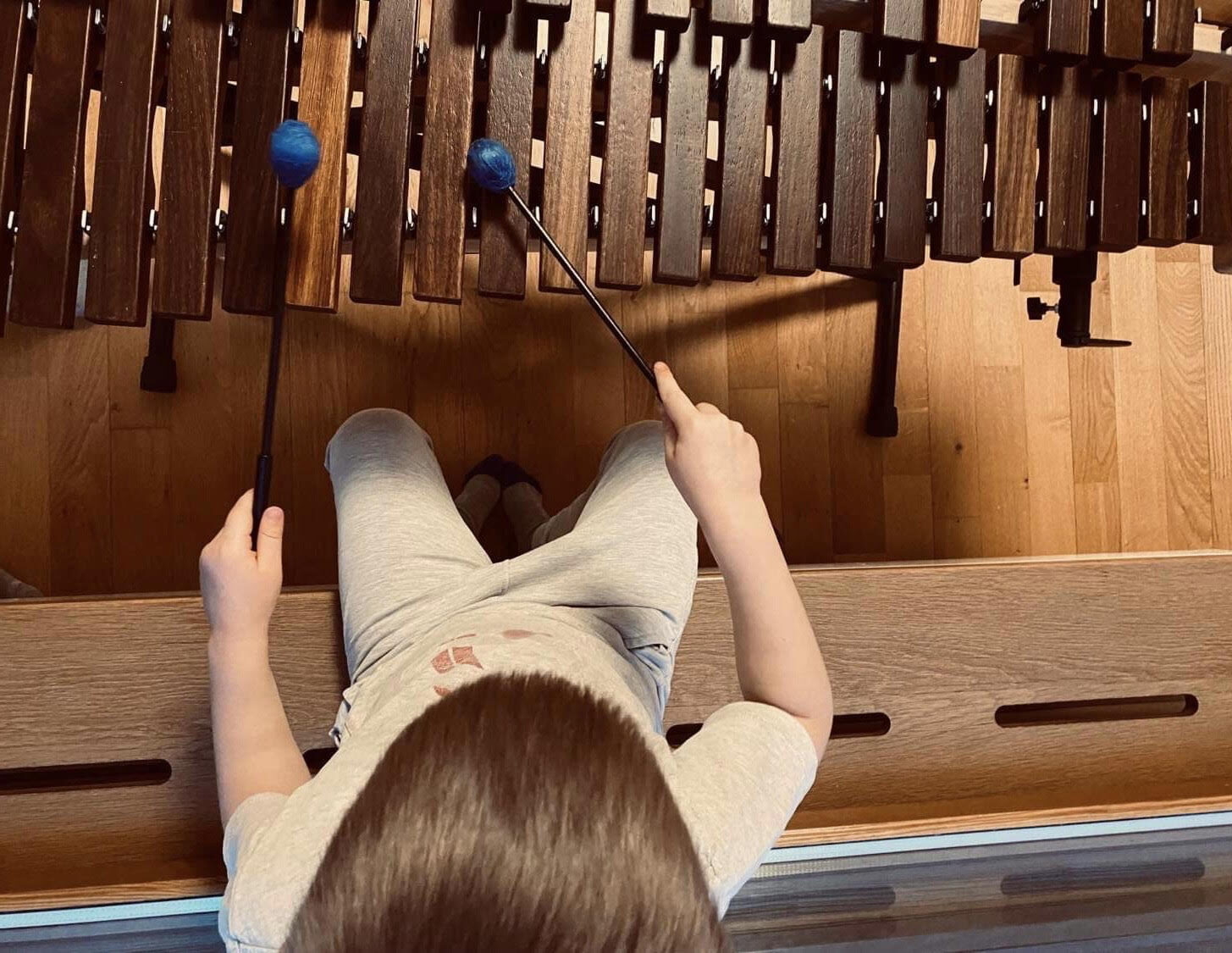“Do unto others as you would have them do unto you,” – says the Golden Rule. Is this so?
In his book “The 5 Love Languages: The Secret to Love that Lasts,” Gary Chapman explains five general ways that partners express and experience love. Chapman calls them “love languages.” They are acts of service, gift-giving, physical touch, quality time, and words of affirmation.
How does it work in real life?
We have a family of 4 people – me, my husband, my 4,5-year older son, and a 2-year old younger son. So let’s talk a bit of daily appreciation and making your loved ones feel like they are loved.
I personally like praise and when people verbally recognize my efforts. It motivates me to be and do even more. For example, I dislike daily routine chores around the house. Still, if someone recognizes and sincerely thanks me for an everyday meal and cleaning up the kitchen, I am motivated to do the tasks I don’t enjoy.
On the other hand, it dries me up when I give my time and care, and nobody notices. It makes everything feel pointless. So one could say that at least at home, I am a Words of Affirmation person. It is an important love language for me in our home setting.
So, do unto others as you would have done unto you, right?
For a while, I offered big words of encouragement and praise for my husband for every little thing he did at home to lift him up, motivate him, and make him notice my efforts. I wanted more praise and recognition, so I gave praise and glory unconsciously.
It didn’t work at all. It seemed not to affect my husband’s doings, and instead of getting more recognition myself, I grew impatient and resentful because my effort still wasn’t noticed at the level that I would have liked. I felt powerless and disconnected.
So why did it not work? Where was I going wrong, or why was my husband not getting it? Because my husband’s primary love language at home is not Words of Affirmation, it is Acts of Service. For him, love and care mean serving each other and doing small daily favors out of love.

He doesn’t need praise like a thirsty flower, his expectation of showing love is different from mine. Instead, if I have his closet organized, he feels loved; if I forget to wash the shirt he needs for the next day, he feels neglected.
At the same time, if he forgets to fill up my car with gas, it does not bother me. On the contrary, I have needed to get used to accepting favors and giving away responsibility over time because this does not come naturally at all. We were taught at my childhood home that everyone needs to take care of their things, whether they were “male” or “female” tasks. You see the conflicts that can arise from assuming your partner speaks the same love language as me?
I get reminded of the principles of Five Love Languages in different stages of my life.
When we started dating and were building our family, we got reminded of the differences in another way: how does a person like to spend their resting time? To me, the best rest used to be being home alone, cleaning and organizing my things, in peace, with no rush. I wanted time to clear my head.
My partners’ perfect rest was going somewhere to do an activity together. That filled his tank and made him feel connected. Imagine the feeling when I said I would rather stay home alone than go somewhere with him. I was expressing my need, but he must have felt sometimes that I didn’t care about him enough. And I didn’t understand how he didn’t understand my need to organize my stuff ☺
It makes sense to observe and ask, or even take a test, about the preferred love languages of your loved ones. So you know what makes your people feel loved and appreciated so you can give it to them more often.
We need to listen, tune in, WANT to know and create systems to REMEMBER because the love languages that are not natural to us, we tend to forget about if not reminded consistently.
Maret Pajo
So how to identify love languages?
- Observe what makes your people happy
- Ask them what they need
- Take the test “Five Love Languages“
And an eye-opener hint – what are the things that make your partner mad? Usually, doing the opposite makes them feel loved. So when my partner gets mad because I haven’t cleaned the house, it makes him feel loved when I clean the house. If I get angry because my partner overlooks my efforts, it makes me feel loved when he sees my efforts.
Usually, the conflict also provides the secret lock to happiness in a relationship. We need to listen, tune in, WANT to know and create systems to REMEMBER because the love languages that are not natural to us, we tend to forget about if not reminded consistently.
With Love,
Annika
P.S. If you got at least one idea out of this post, share this article with at least one other person who could also benefit from reading this. Everybody loves a boost of positivity! Thanks and talk to you soon:)










